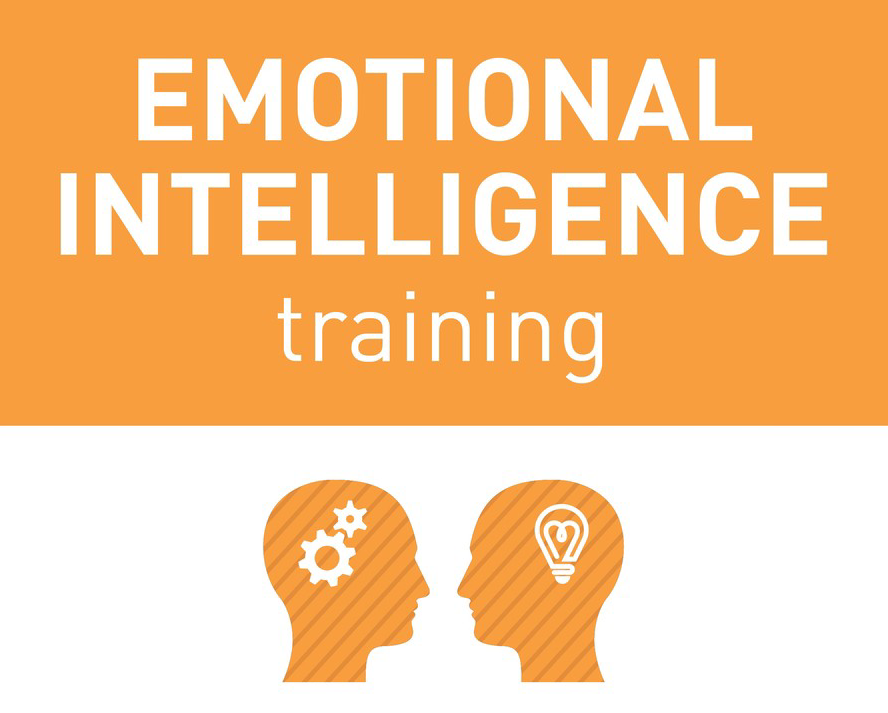Emotional Intelligence: Nurturing the Key to Success
In today’s rapidly changing world, traditional academic knowledge alone is no longer sufficient to thrive in life. The ability to understand and manage one’s emotions, known as emotional intelligence (EI), has become increasingly recognized as a critical skill for personal and professional success. Unlike IQ, which remains relatively stable throughout life, EI can be developed and improved over time. This article explores the importance of emotional intelligence in alternative schooling and education settings and provides practical tips on how parents, educators, and students can nurture this essential skill.
Alternative schooling environments often prioritize holistic development, focusing not only on academic achievement but also on fostering well-rounded individuals equipped with essential life skills. Emotional intelligence plays a pivotal role in nurturing such skills by enhancing self-awareness, empathy, resilience, communication abilities, and conflict resolution techniques.
Self-awareness is the foundation of emotional intelligence. By understanding their own emotions, strengths, weaknesses, values, and goals more deeply, students are better equipped to make informed decisions about their educational journey. In alternative schools that encourage self-reflection through activities like journaling or mindfulness exercises during class time or dedicated sessions outside the curriculum can help students develop this crucial aspect of EI.
Empathy is another key component of emotional intelligence that aids in building positive relationships with others. Alternative schools often provide opportunities for collaboration among peers from diverse backgrounds. Encouraging active listening during group discussions or organizing community service projects allows students to develop empathy towards others’ experiences while promoting social responsibility.
Resilience is an invaluable asset for navigating challenges both inside and outside the classroom walls. Alternative education models often promote experiential learning methods that expose students to real-world situations where they must adapt quickly. By encouraging reflection after setbacks or failures instead of focusing solely on achievements or grades helps students build resilience and bounce back stronger when faced with future obstacles.
Effective communication is vital in every aspect of life – from expressing thoughts and ideas effectively to resolving conflicts peacefully. Alternative schooling environments can foster open dialogue through activities like group discussions, debates, or role-playing exercises. By providing a safe space for students to express themselves without judgment, educators help them develop the communication skills necessary for healthy relationships and collaboration.
Conflict resolution is an essential skill that alternative schools can prioritize in their curriculum. Providing students with conflict resolution training equips them with strategies to manage disagreements constructively. Techniques such as active listening, compromise, and finding win-win solutions not only empower students but also contribute to the creation of harmonious learning communities.
In conclusion, emotional intelligence is a vital skill that alternative schools should prioritize in their educational approach. By nurturing self-awareness, empathy, resilience, effective communication, and conflict resolution techniques among students, these institutions can create well-rounded individuals capable of navigating life’s challenges successfully. Parents can support this development by encouraging self-reflection at home and promoting empathy towards others’ experiences. Educators play a crucial role in modeling emotional intelligence behaviors while incorporating activities that promote its growth into the curriculum. Ultimately, fostering emotional intelligence will empower students to succeed academically while also preparing them for fulfilling personal and professional lives ahead

Leave a comment